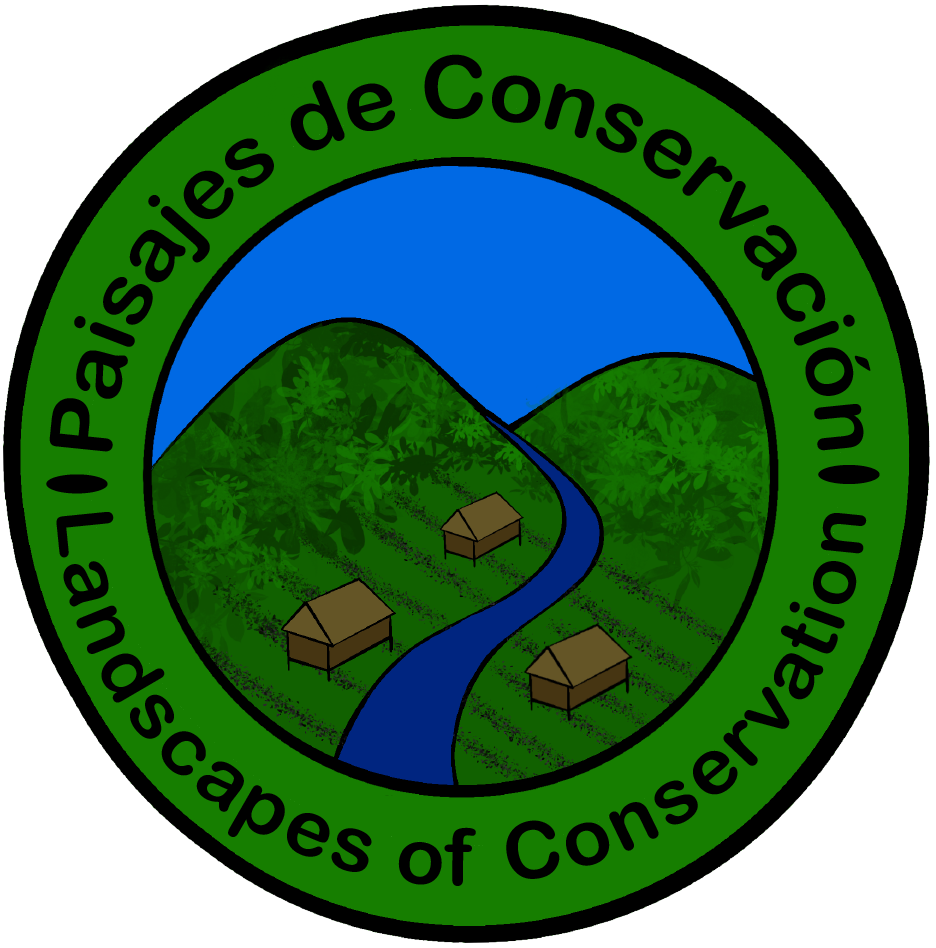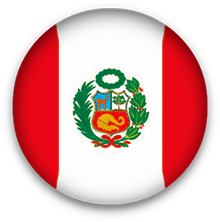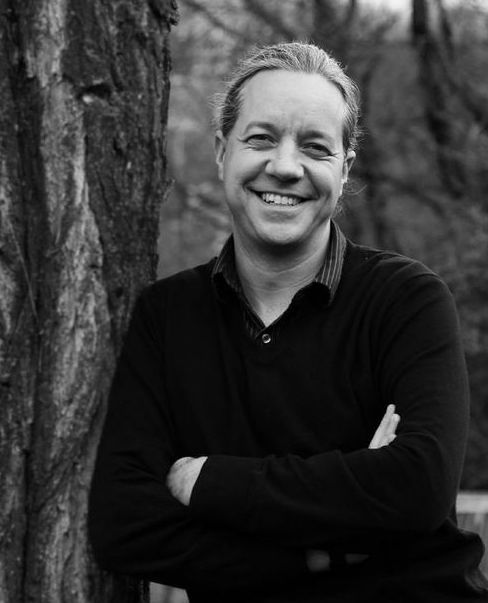
Project Lead / Principle Investigator
Dr. Evan Killick is a Reader in Anthropology and International Development at the University of Sussex. He has been conducting research with forest-based communities across Latin America for over 2 decades, with projects in Peru, Brazil, Bolivia, Ecuador and Costa Rica. His core focus remains with Indigenous Peoples in Peruvian Amazonia, where his long-term research and personal engagements with various communities are one of the key foundations of this project.

Research Fellow
Dr. Juan Pablo Sarmiento Barletti is a Peruvian social anthropologist now working as Researcher Scientist at the Center for International Forestry Research (CIFOR). He has worked with Indigenous Amazonian societies for the past 15 years, carrying out collaborative research examining their experiences of natural resource extraction ventures and climate change initiatives implemented in their ancestral territories, and with related experiences of rights violations and socio-environmental injustice. For this project Juan Pablo led the project’s collaborations with SERNANP and ANECAP.
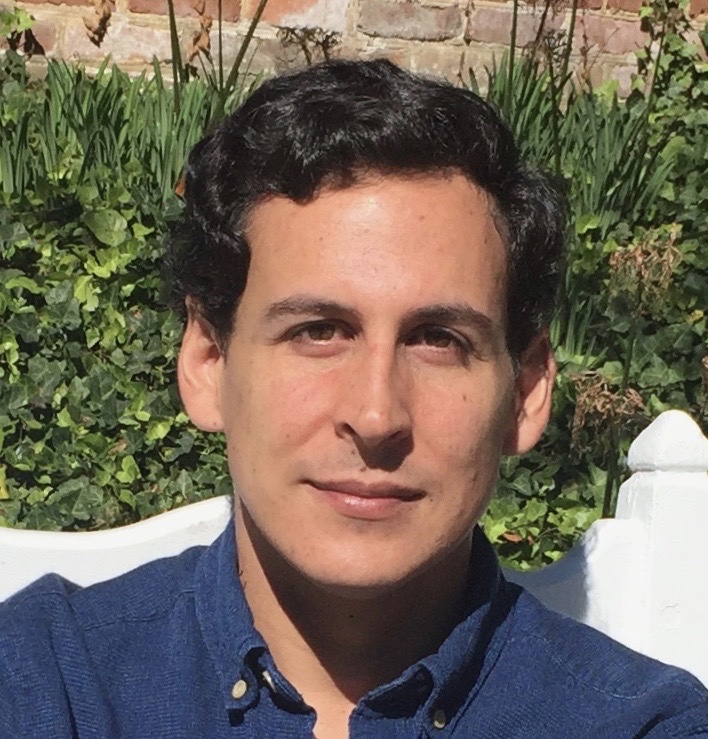
Research Fellow
Dr. Giancarlo Rolando is currently the Patricia C. and Charles H. McGill III ’63 Visiting Assistant Professor of International Studies at Trinity College, Connecticut. Trained as a sociocultural anthropologist, he has been working with Indigenous communities of Peruvian Amazonia for the past 15 years. His work focuses on the quotidian experience of Indigenous-settler relationships in Amazonia and the politics of identity, environmental conservation, and development. Giancarlo led the project’s work with Indigenous communities on the Purús river.
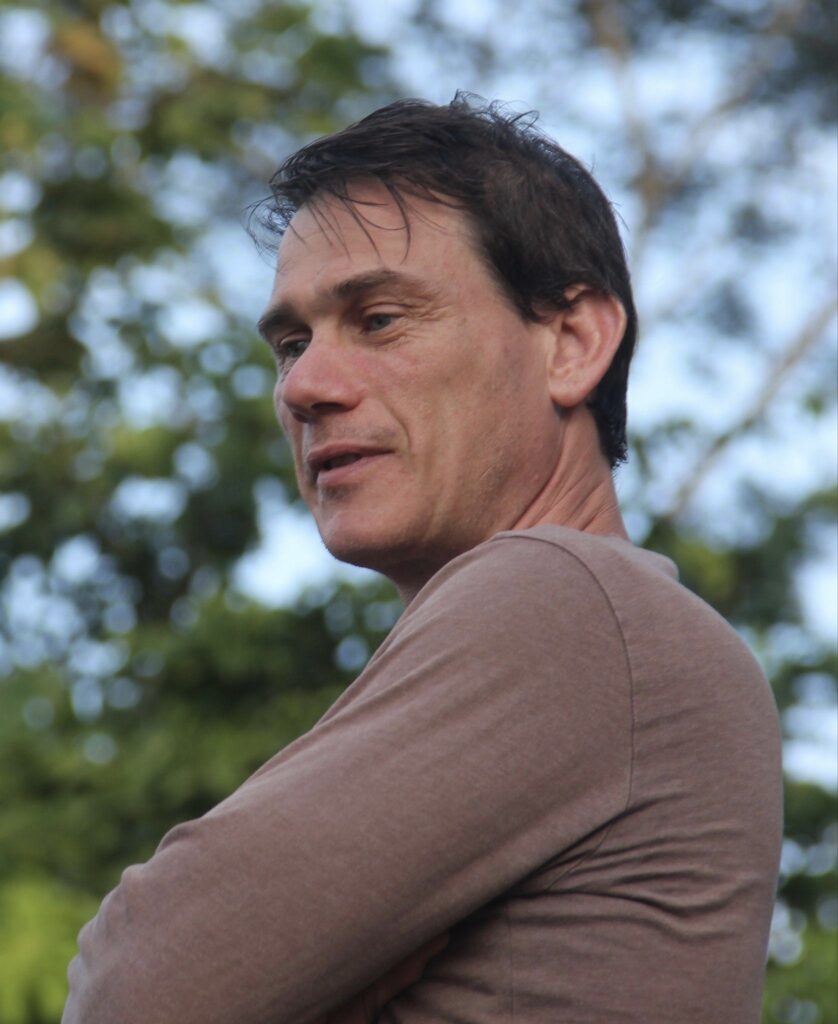
Research Fellow
Dr. Christopher Hewlett is a social anthropologist based in the United States with a PhD from the University of St. Andrews. He has worked with Amawaka people on the Inuya river for over 15 years. His work focuses on the nexus of cultural heritage, land and resource use, education and health as a way of addressing local issues in a holistic way that directly engages with both people’s concerns and visions for the future. He is the director of SHARE International, an NGO that collaborates with Indigenous partner organisations in Peru to enhance educational opportunities, build inter-cultural exchanges, promote better access to culturally relevant healthcare and defend cultural heritage in all its forms. Chris led the project’s work with Indigenous communities on the Inuya and Mapuya rivers.
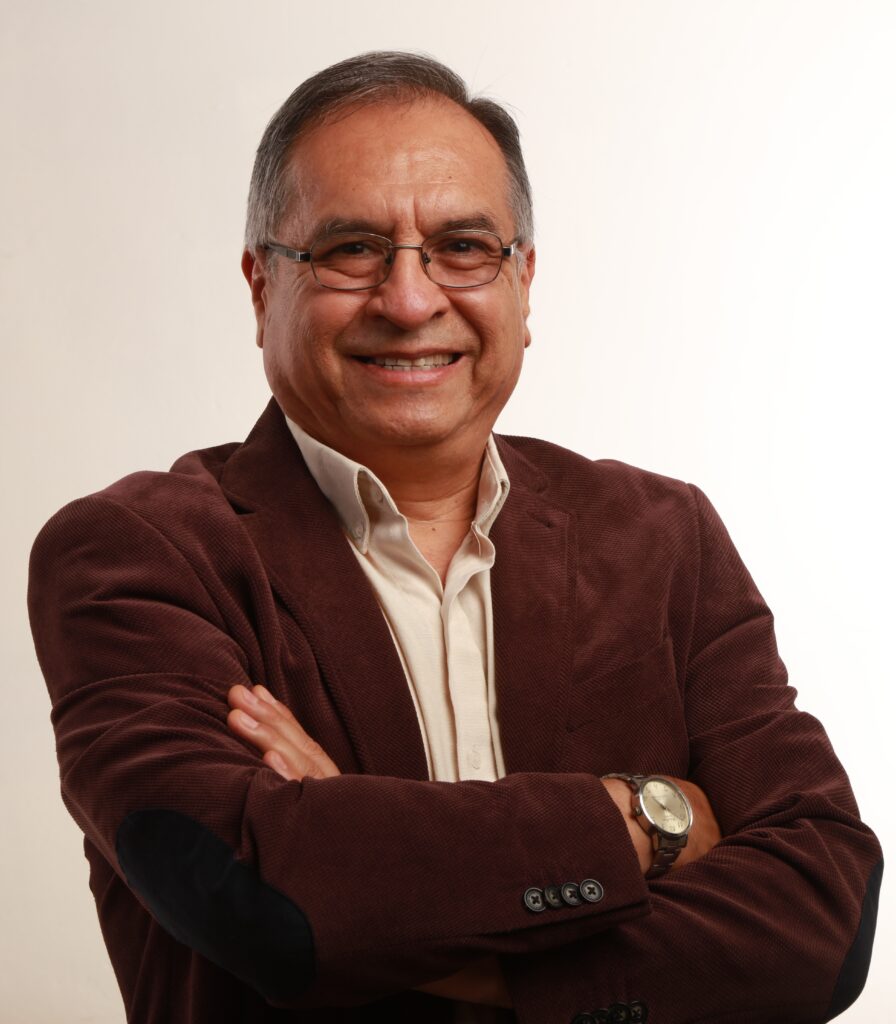
Researcher
Sandro Chávez Vásquez originally trained as a Biologist at Ricardo Palma University (Peru) but also holds Masters in Climate Change and Sustainable Development (Vértice Business School); Ecotourism (IIFA); Rural Development and Sustainable Agriculture (UCT); and Public Management (UTP) as well as a Diploma in Territorial Planning, Landscape and Nature Protection (IHS for Erasmus University).
He is a former Dean of Peru’s College of Biologists, and was president of the college’s National Environmental Commission. He has also been Director of both SERNANP (Peru’s Natural Protected Areas Service) and RAE PERU (Peru’s Ecological Agriculture Network) and Vice President of the UNEP Forum for Environmental Civil Society of Latin America and the Caribbean.
Sandro is currently a contracted professor at the National University of Huancavelica, UPG-FCI and works as a consultant for UE / DEVIDA and the NGO DRIS. He is also an external advisor to the National Association of Communal Reserve Administration Contract Executors (ANECAP) and worked as the key liason for this project with both ANECAP and SERNANP.
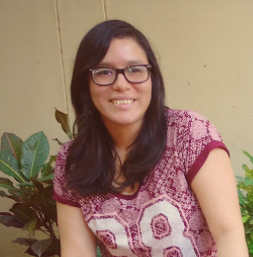
Researcher
Marlly Fabiola Rojas Rios is a Peruvian researcher with a wealth of research, engagement and activist work with Indigenous peoples, particularly in Amazonia. For this project Marlly was key to introducing the Plan de Vida approach to the communities we were working with as well as our research partner organisations. Marlly also worked tirelessly with FIARIM and Amawaca communities on the Inyua river to secure the territory of Alto Esperanza.
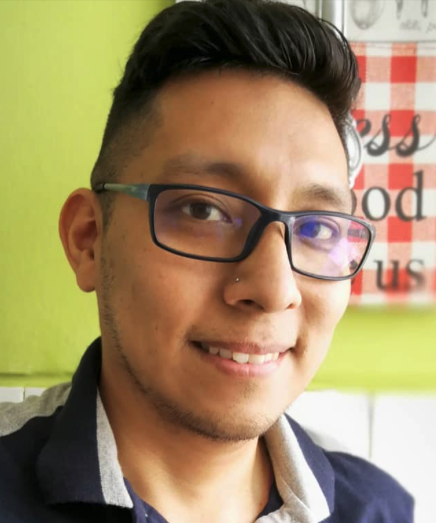
Researcher
Johnnatan Sonny Saravia Yupanqui is a sociocultural anthropologist with broad fieldwork experience in the Peruvian coast, Andean highlands, and Amazonian Lowlands, specially working with rural populations and Indigenous Peoples. He is particularly interested in the anthropology of environmental conservation, health, and politics in Amazonia. For this project Sonny worked mainly with communities on the Purús river to support the production of Plan de Vidas.
